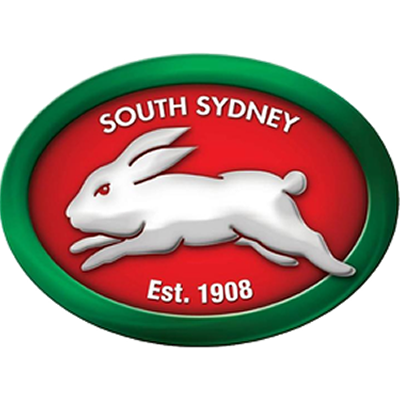clontaago
First Grader
INTEREST rates may drop back to 6 per cent by late next year, as the latest economic data shows a significant slowing in the economy.
NAB chief economist Alan Oster said there was a 30 per cent chance the Reserve Bank would begin cutting rates this year as economic growth deteriorated.
As the bank looks to have won another round in its fight against inflation, Mr Oster is forecasting interest rates will fall steeply in 2009 from its 13-year high of 7.25 per cent back to 6 per cent.
"An interest rate cut this year is a possibility, but there may not be enough of a slowdown," he said.
"But we think that by the late 2009 they will be down to about 6 per cent."
This comes as the latest NAB business survey shows spending patterns are slowing and business conditions have fallen to their lowest point since late 2002.
Mr Oster said the economic downturn was now "broad based" and the "deceleration is gaining momentum" after the bank's back-to-back rate rises in February and March.
The business survey showed a double-digit fall in business conditions for retailing, transport, finance and property.
Mr Oster expects unemployment levels will jump from just over 4 per cent to about 5 per cent next year.
This follows Monday's job advertisement survey that registered its fourth consecutive month of declines, as employers pared back hiring.
Citigroup co-head of market and economic analysis Paul Brennan said the upcoming consumer price index on April 23 would show inflation was still very high, but that the bank would look through the data.
"There is still a lot of inflationary pressure in the economy from the strong growth in the second half of 2007, but inflation pressures should begin to moderate in the next few months," Mr Brennan said.
"The RBA is adopting a wait-and-see approach because there has been a lot of tightening and this takes time to work its way through the system."
Mr Brennan forecast that rates would not start to fall until early next year and would drop to about 6.5 per cent by the end of 2009.
Traders on the Sydney Futures Exchange have priced in a greater than 50 per cent possibility of interest rates falling to 7 per cent in November.
Deutsche Bank economist Phil O'Donoghue said it was "a bit early to be talking about rate cuts" as the finance house was still forecasting another rate rise to 7.5 per cent later this year.
He points to the surge in coal prices as being a major threat to inflation, as it could push the terms of trade even higher than February's record $3.3 billion trade deficit.
Earnings of the big mining firms are expected to be boosted by a tripling in the price of coal.
NAB chief economist Alan Oster said there was a 30 per cent chance the Reserve Bank would begin cutting rates this year as economic growth deteriorated.
As the bank looks to have won another round in its fight against inflation, Mr Oster is forecasting interest rates will fall steeply in 2009 from its 13-year high of 7.25 per cent back to 6 per cent.
"An interest rate cut this year is a possibility, but there may not be enough of a slowdown," he said.
"But we think that by the late 2009 they will be down to about 6 per cent."
This comes as the latest NAB business survey shows spending patterns are slowing and business conditions have fallen to their lowest point since late 2002.
Mr Oster said the economic downturn was now "broad based" and the "deceleration is gaining momentum" after the bank's back-to-back rate rises in February and March.
The business survey showed a double-digit fall in business conditions for retailing, transport, finance and property.
Mr Oster expects unemployment levels will jump from just over 4 per cent to about 5 per cent next year.
This follows Monday's job advertisement survey that registered its fourth consecutive month of declines, as employers pared back hiring.
Citigroup co-head of market and economic analysis Paul Brennan said the upcoming consumer price index on April 23 would show inflation was still very high, but that the bank would look through the data.
"There is still a lot of inflationary pressure in the economy from the strong growth in the second half of 2007, but inflation pressures should begin to moderate in the next few months," Mr Brennan said.
"The RBA is adopting a wait-and-see approach because there has been a lot of tightening and this takes time to work its way through the system."
Mr Brennan forecast that rates would not start to fall until early next year and would drop to about 6.5 per cent by the end of 2009.
Traders on the Sydney Futures Exchange have priced in a greater than 50 per cent possibility of interest rates falling to 7 per cent in November.
Deutsche Bank economist Phil O'Donoghue said it was "a bit early to be talking about rate cuts" as the finance house was still forecasting another rate rise to 7.5 per cent later this year.
He points to the surge in coal prices as being a major threat to inflation, as it could push the terms of trade even higher than February's record $3.3 billion trade deficit.
Earnings of the big mining firms are expected to be boosted by a tripling in the price of coal.

















